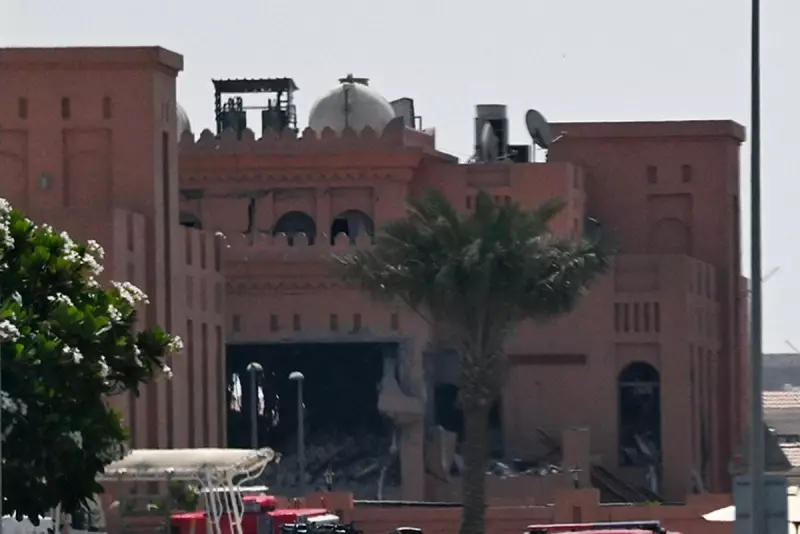
Qatar has issued a stern diplomatic complaint, accusing the Israeli government of deliberately leaking manipulated comments made by its Prime Minister in a calculated attempt to sabotage ongoing ceasefire and hostage negotiations. The major diplomatic rift threatens to unravel fragile talks aimed at ending the conflict in Gaza.
A Breach of Trust in Sensitive Negotiations
The controversy stems from a recent meeting where Qatari Prime Minister Sheikh Mohammed bin Abdulrahman Al Thani reportedly expressed frustrations to a US senator about the challenges of mediating between Israel and Hamas. According to Qatari officials, the Israeli government subsequently leaked a distorted version of these private remarks to the media.
Qatar's foreign ministry spokesperson, Majed Al-Ansari, condemned the leak as "a full-fledged abuse of the confidence between the two parties and a violation of the privacy of the discussions." He asserted that the leaked account was "devoid of any accuracy" and had been deliberately twisted to serve a political agenda against the negotiations.
Netanyahu's Government Under Fire
The incident has intensified scrutiny on Israeli Prime Minister Benjamin Netanyahu's approach to the delicate negotiations. Critics, including families of Israeli hostages held in Gaza, have increasingly accused his government of not acting in good faith to secure a deal for their release.
This leak is seen by many analysts as a potential pretext for the Israeli leadership to withdraw from the talks, shifting blame onto Qatari mediators. Qatar, which has long-standing channels of communication with Hamas, has been a pivotal intermediary in the months-long negotiation process.
Threat to Future Mediation Efforts
The public fallout represents a significant escalation and could severely hamper future mediation efforts. Trust, a fundamental currency in diplomacy, has been deeply eroded. A source close to the discussions warned that such actions risk collapsing the entire negotiation framework, leaving no viable path toward a ceasefire or the release of hostages.
The Qatari government has emphasised its continued commitment to the mediation process but has made it clear that such "cheap political manoeuvres" jeopardise the immense efforts undertaken by all parties to find a peaceful resolution to the devastating war in Gaza.





